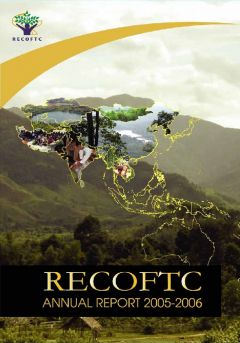Sudahkah aspirasi masyarakat terakomodir dalam rencana pembangunan?: pelajaran dari sebuah aksi kolektif di Jambi
The brief describes development planning consultations, locally known as musrenbang, conducted in stages through different levels of governance: village, sub-district and district. The brief then documents lessons from experience catalyzing collective action among local community goups (in particular women’s groups) to engage in this development process and to help articulate the women’s aspirations in such a way that they could be heard by district decision makers.







